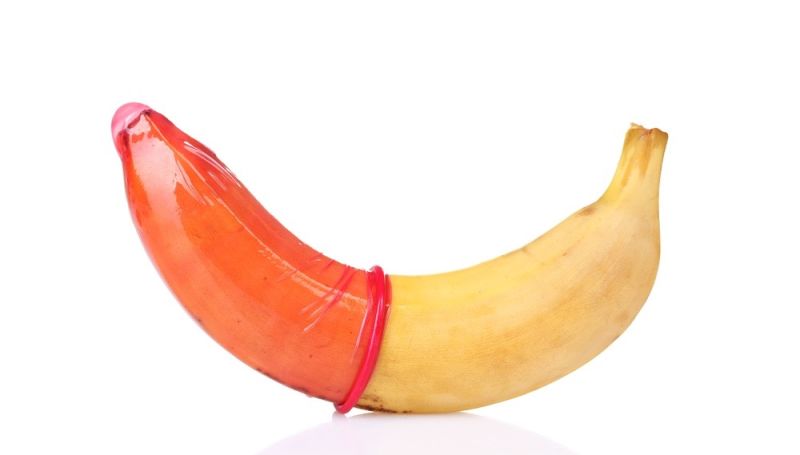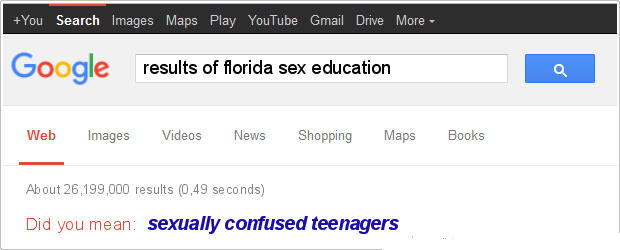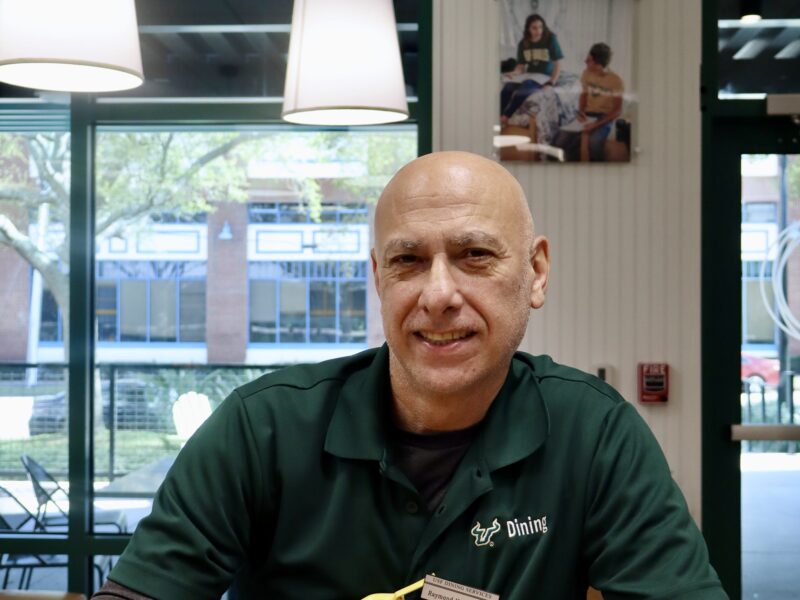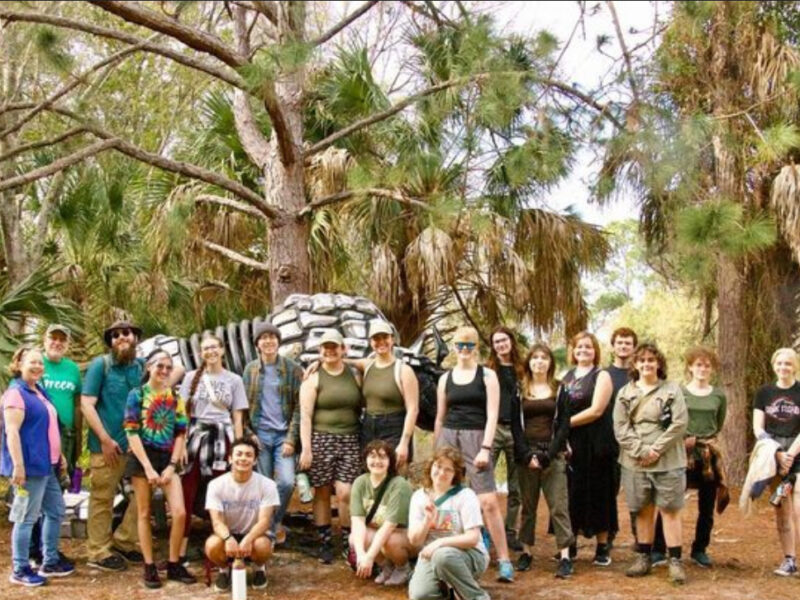
Teaching sex education has been delegated to science and physical education teachers, but in areas around Florida the lessons are limited to abstinence-only education.
There is no course content requirement for sex ed classes the state.
When it is covered, the curriculum focuses on abstinence until marriage, sex within marriage and the negative outcomes of teen sex, according to a 2016 study by Guttmacher Institute on state laws and policies.
While content may vary by county, subjects like contraception, condoms, sexual orientation, avoiding coercion and healthy decision-making often get left out.
In 2015, Floridians ages 15-24 represented only 13 percent of the population, but accounted for 64 percent of reported cases of chlamydia, according to the Florida Department of Health. The same age group represents half of all new sexually transmitted disease (STD) cases nationwide each year.
The 2015 data also stated that despite abstinence education, some young people consider oral and anal sex to be abstinent behaviors and don’t realize that oral and anal sex can transmit STDs.
According to the 2016 study, out of the 24 states that mandate sexual education, only 13 require it be medically accurate.
Florida does not appear on that list.
Summer Muhar, a freshman at USFSP, used the internet for all her unanswered questions.
“There’s a problem when you trust WebMD more than you trust the school system,” said Muhar. Muhar was in a sex ed class, but the topics covered were only STDs and abstinence.
Sexual education is “inadequate,” according to Dr. David Cimino, a pediatric specialist in Pinellas County for over 20 years.
“It’s their right to protect their reproductive health,” said Cimino, in regards to Florida’s youth. Cimino noted that the majority of teens he has worked with seem to be lacking basic knowledge regarding pregnancy, STDs, safe-sex and menstruation.
“They come in with an STD, and they don’t know what a cervix is,” said Cimino.
Cimino also noted that girls frequently misunderstand that pregnancy can occur during their first sexual experience. According to Cimino, some teens believe that drinking vinegar or douching with cola will abort an unwanted pregnancy.
The cola myth is about 60 years old, according to Shelli-Rea Gregg, a nurse who works in the School-Based Health Services Program.
“[Sex education] is stuck in the 1950s,” said Gregg.
“The attitudes in society have changed, but not the education system, and that’s the problem.”
Angelica Ojeda, a sophomore biology student, is one of many students who didn’t receive any sex ed in school.
“[Sex education] is something you need to know growing up,” said Ojeda. She said that she felt like she learned about sex ed “later in life” than many of her classmates.
Jamie McKay, a junior psychology major, was taught sex ed in the sixth grade, before puberty. While McKay was taught about the basic concepts of puberty, her curriculum failed to answer why these changes were taking place.
“I was very uncomfortable with the subject,” said McKay.
“We’ve been saying for 20-something years that abstinence-only education doesn’t work,” said Victoria Beltran, the health educator for the Wellness Center. Beltran holds a master’s degree in public health and a certification as a health education specialist.
“The system has been setting our youth up for failure,” said Beltran.
Part of Beltran’s responsibility is to teach students about safe sex. Beltran explained that the lack of sexual education in the public school system is apparent as teens enter college.
“My parents never gave me the talk,” said Sarah Potts, a sophomore majoring in business. Potts is another student who didn’t receive any sex ed in school. She ended up relying on Google to answer many of her questions.
Physical education coaches and science teachers tend to conduct sex ed classes without any specialized training, according to Beltran.
She specifically chose to work with college students because of how restricting abstinence-only education can be. However, the current system makes her job difficult. Beltran is left scrambling, trying to ensure students have the appropriate information and resources to have a full and healthy life.
For students interested in comprehensive and thorough sexual education, Beltran will be teaching her very first academic course, “Human Sexuality,” next semester.
Unlike their high school counterparts, college students at USFSP have options.
The Wellness Center provides a variety of resources, including counseling and psychological services, STD testing, contraception, counseling, immunization, physical exams and women’s health. The Center also offers students free male and female condoms.



